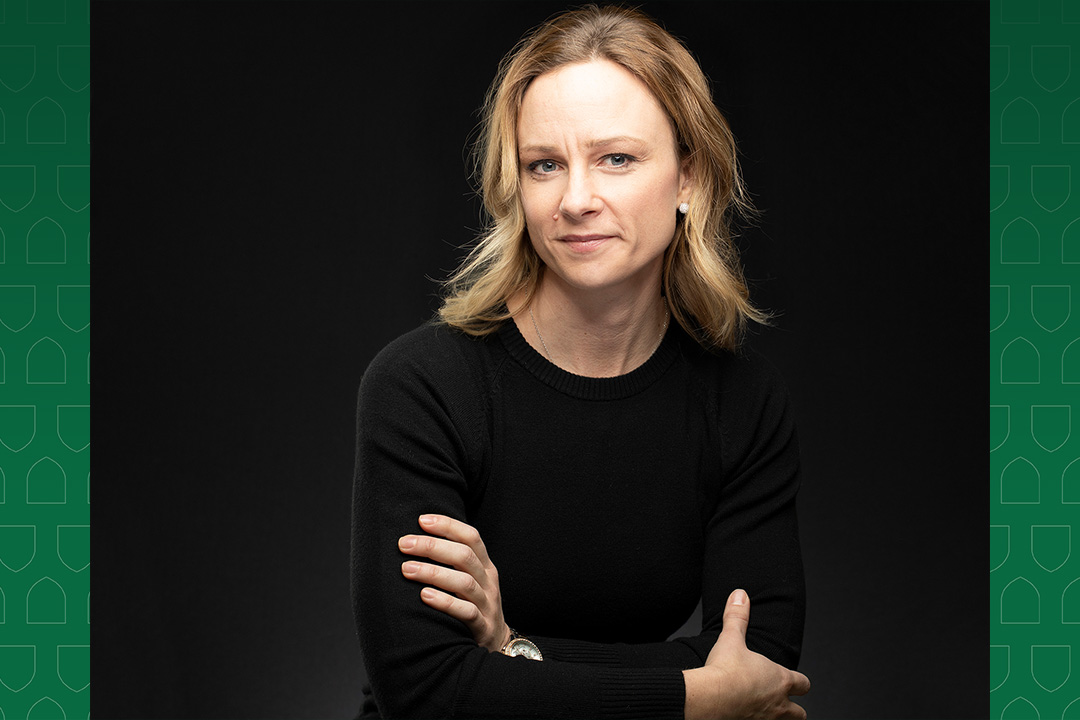
Q&A: USask dietitian shares tips to reduce food waste
One way to tackle rising food costs and to eat more sustainably is to reduce food waste.
By VICTORIA DINHSince March marks Nutrition Month in Canada, Eat Well Saskatchewan (EWS) in the University of Saskatchewan’s (USask) College of Pharmacy and Nutrition is challenging the public to #ReduceMyFoodWaste. Use the hashtag #ReduceMyFoodWaste throughout the month to show how you make your food go further, for a chance to be featured on the EWS social media pages and for a chance to win weekly prizes.
To help you get started, Carrie Verishagen, registered dietitian and director of EWS, shared some tips and tricks on how to save on your grocery bill while helping the environment.
The following answers have been edited for length and clarity.
Q: How do I know I’m overbuying food?
A: A sure way to know if you are overbuying food is if you are constantly throwing it away. The best way to prevent overbuying is to plan your meals ahead based on the ingredients you have at home. Before you go to the grocery store, make a menu plan for the week, check what ingredients you have on hand and then make a list of what you need and stick to it.
Q: What is a common mistake that people make while grocery shopping?
A: They don’t stick to their grocery list or they don’t make a list at all. This can lead to making unnecessary or impulse purchases that may go to waste or overbuying on sale items that you might not be able to use. Another common mistake people make is going grocery shopping hungry. When we are hungry we tend to ‘shop with our stomach’ instead of our brain. Have a snack before you go to prevent overspending on foods that smell amazing that you don’t necessarily need.
Q: What should I avoid purchasing?
A: There is no one food you need to avoid. However, if you find you are throwing away a lot of food, there are some strategies you can use to try to decrease wastage. For example, if you are throwing away a lot of fruits and vegetables, try purchasing frozen or canned instead, which have a much longer shelf life. Root vegetables such as potatoes, beets or carrots also tend to last a lot longer than leafy greens.
Q: How can I safely use the wilting vegetables that are in my fridge?
A: Many fruits and vegetables that may be wilting or are near the end of their life cycle can still be used. For example, if you have berries or spinach near expiry, you can freeze them for smoothies, or use wilting vegetables in soups. One of the best ways to reduce food waste is to utilize your freezer. If you find that you bought too many vegetables or stocked up on something on sale that you can’t use, simply blanch it, and freeze it for future use. Brown bananas can be thrown straight into the freezer for later use in baking or smoothies.
Q: Do expiration dates matter?
A: Expiration dates do matter but most foods contain something called a best before date rather than an expiry date. When foods list a best before date, it means that it is best to eat the food before that date for optimal flavour and quality. But many foods remain safe to eat past this date. If you are wondering if you can eat a food that is past its best before date, examine it for signs of spoilage and if you are unsure, always use the rule: When in doubt, throw it out. To prevent foods from reaching their expiry or best before date, try to follow a first in, first out (FIFO) approach.
Q: What’s the proper way to preserve or prepare foods at home?
A: To prevent food waste, there are some steps that can be taken to store foods properly. For example, try to store meat and dairy in the coldest parts of the fridge (not in the door). Dairy, eggs and meats should always be stored on the bottom and leftovers on the upper part of the fridge. Certain fruits such as apples and pears emit ethylene, which can make other fruits ripen faster, so store these fruits away from other produce. Knowing how to store your fruits and vegetables properly can have a big impact on how long they last. For more information, try an app such as the FoodKeeper app to learn about the right ways to store your fruits and veggies.
Q: Any tips on turning leftovers into another meal?
A: Plan ahead. If you are buying a roast chicken but know you will only be eating half, plan to have another meal that week with chicken such as a chicken quesadilla, chicken soup or chicken salad sandwiches. Leftover meat and vegetables can be turned into many dishes. Throw leftover meat or beans and vegetables over a grain like rice of quinoa for a power bowl. Or scramble eggs with leftover vegetables and cheese. Leftovers can also be easily frozen for future meals. If you know you won’t eat a whole pot of chili and don’t want to eat it all week, freeze half and use it for another meal later that month, or portion into individual containers and freeze for easy lunches on the go.
